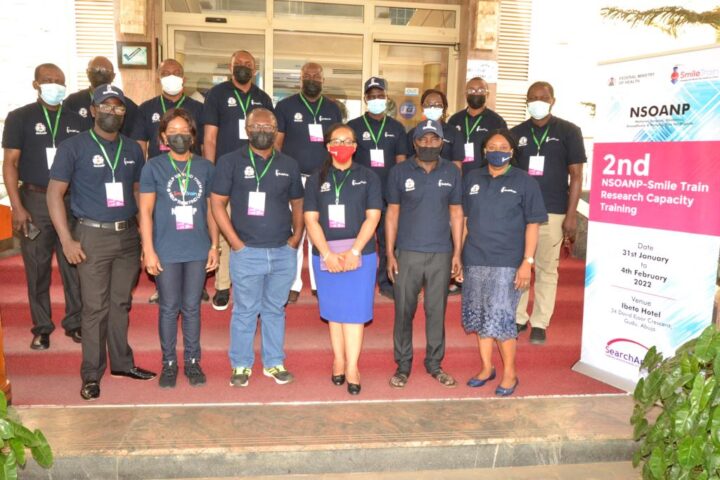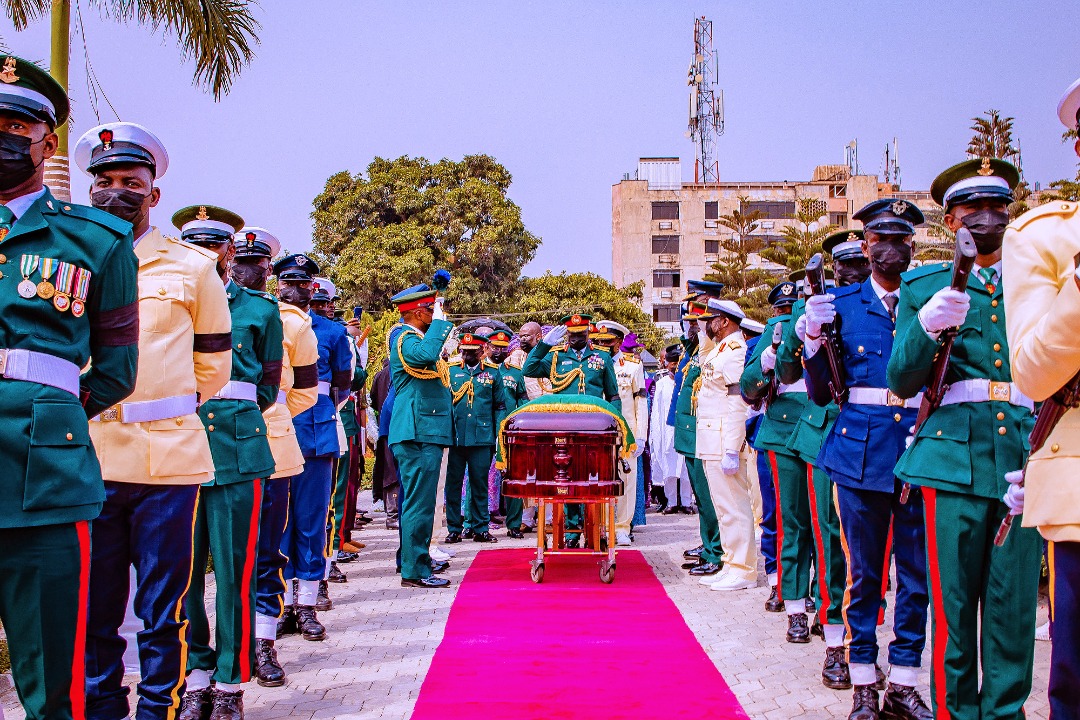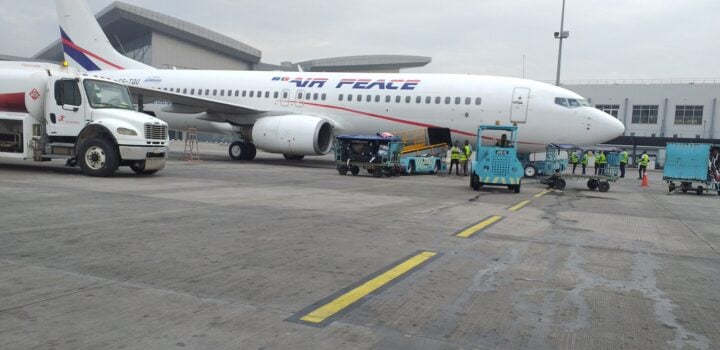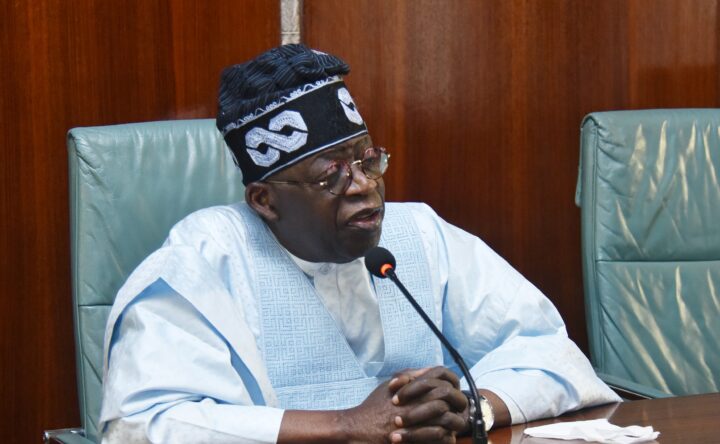Emmanuel Ameh, chief consultant pediatric surgeon at the National Hospital, Abuja, says there needs to be improved training for health workers on effective ways to tackle cleft-related conditions.
Ameh spoke on Thursday at the ongoing second edition of the five-day training for medical experts organised by the National Surgical, Obstetrics, Anaesthesia and Nursing Plan (NSOANP), in collaboration with Smile Train, a cleft charity organisation.
The consultant, who is also the training coordinator, said medicine evolves and training is a step to solving the challenge of data which is essential in providing quality surgical care.
“One of the challenges we have in this country is that we really do not have reliable and complete data which has been a problem over the years. And without data, even policy making is a problem,” he said.
Advertisement
“The aim is to train them to do good research, so that at the end of the day, they will be able to generate reliable data that can be translated into improving the quality of cleft care, finding solutions to some of the causes of the problems we have, designing ways of reducing the incidence of these surgical problems, and eventually influence government and policy makers to allocate more resources to surgical care.”
Gbenga Olorunfemi, an obstetrician and research methods and biostatic consultant, said research helps generate meaningful data for effective cleft care.
“The essence of this training is to enlighten participants on the need for quality data generation. Research is what has made the difference between the high income countries and the developing countries like Nigeria,” he said.
Advertisement
“In developed countries, there is a high level of research that goes into healthcare every day to renew the level of whatever they do. And most times, we just borrow technology from them. Unfortunately, these borrowed technologies are not locally contextualised and don’t fit into what we do here due to financial constraints and social perception.”
Nkeiruka Obi, Smile Train vice-president and regional director for Africa, said the organisation is committed to developing quality and comprehensive cleft care, adding that Smile Train has set aside funds for research into cleft care in Nigeria.
Add a comment






